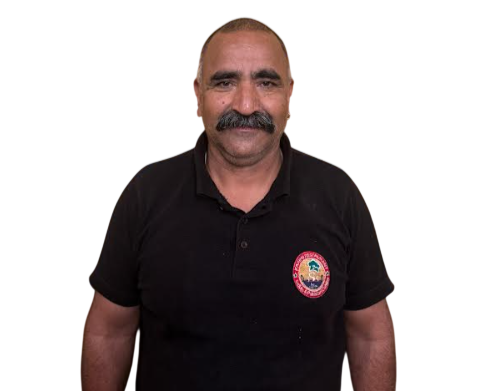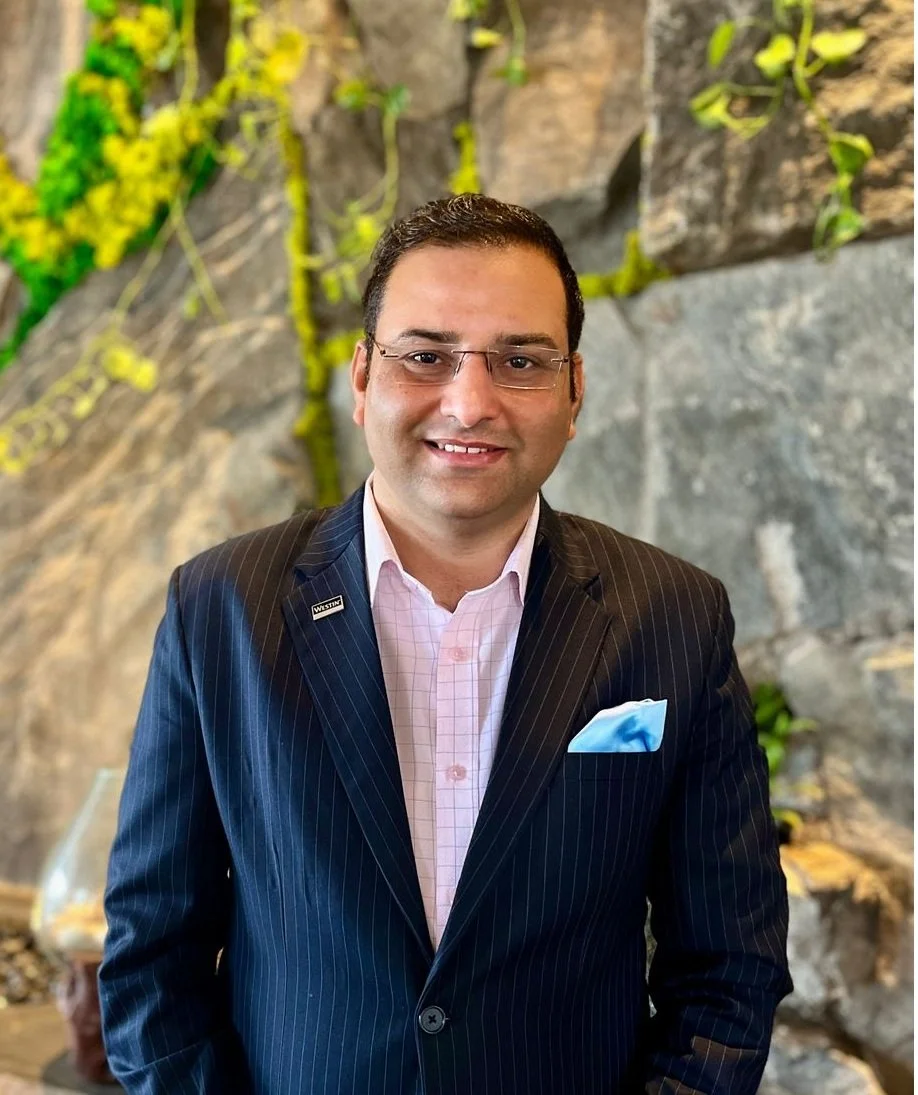Exclusive Interview | Kajal Chandan, Hotelier | Entrepreneur | Marketer | PR Specialist
/“A successful marketing campaign not only drives bookings but also enhances brand perception, fosters guest loyalty, and ensures sustained visibility in a highly competitive industry.”
What inspired you to build a career in hospitality marketing, and how has the industry evolved since you started
My journey in hospitality began with the excitement of working in a dynamic and ever-evolving industry.
I have always enjoyed connecting with people from different cities, understanding their food habits, lifestyles, and discovering the unique places they cherish. This curiosity has made my work in hospitality even more fulfilling.
Over the years, I have seen the industry undergo a remarkable transformation. When I started my career 15 years ago with IHCL’s Ginger Hotels, Public Relations (PR) was largely focused on print and television media. Today, the landscape has shifted—digital storytelling, influencer collaborations, and social media now play a crucial role in shaping a hotel’s brand image and guest engagement.
You have led marketing for many hospitality brands. What are the key elements of a successful hotel marketing strategy today
A successful hotel marketing strategy relies on key elements such as strong public relations, geo-targeted ads, influencer collaborations, barter deals with reputed media houses, industry awards to enhance credibility and visibility. These elements help attract the right audience and ensure consistent media exposure, positioning the hotel as a preferred choice in a competitive market.
I also believe that the real game-changer is the ability to build and maintain strong relationships. A marketer who fosters strong connections with staff, vendors, and media can create opportunities that go beyond traditional strategies. Personal rapport, trust, and networking foster genuine connections that lead to lasting opportunities and organic growth.
In an era dominated by digital engagement, how do you balance traditional PR with new-age marketing trends
In an era dominated by digital engagement, balancing traditional PR with new-age marketing trends requires a strategic blend of both worlds.
By leveraging both, I ensure that hotel brands not only stay relevant in the fast-paced digital landscape but also maintain the trust that traditional PR brings. The key is to create a seamless narrative that resonates across all platforms, ensuring maximum impact and brand recall.
What challenges do hospitality marketers face in India, and how do you approach brand positioning for hotel groups?
The biggest challenge in hotel marketing is standing out in a market where numerous hotels are competing for the same audience.
Another major challenge is keeping up with evolving digital trends while ensuring traditional PR remains relevant. The rise of influencer marketing and social media has shifted guest engagement, but not all digital strategies translate into tangible conversions. Additionally, seasonal demand fluctuations, changing traveler preferences, and the growing emphasis on sustainability require marketers to be agile and continuously adapt their messaging.
How do you measure the success of marketing campaigns in hospitality, and what metrics truly matter
Measuring the success of marketing campaigns in hospitality requires a mix of quantitative and qualitative metrics that go beyond just visibility. While reach and engagement are important, true success lies in conversions, guest sentiment, and long-term brand impact.
Key metrics include occupancy rates, direct bookings, and revenue per available room (RevPAR), which directly reflect a campaign’s financial impact. Digital performance indicators like website traffic, social media engagement, and click-through rates help gauge brand awareness and audience interest. PR-driven metrics such as earned media value, media mentions, and influencer ROI determine the effectiveness of brand positioning efforts.
A successful marketing campaign not only drives bookings but also enhances brand perception, fosters guest loyalty, and ensures sustained visibility in a highly competitive industry.
Your book Bal Bal Bachgaye revolves around a humorous hotel-based story. What inspired you to write it
I have passionately marketed everything from rooms, banquets, and restaurants to weddings, conferences, launches, sign-ups, outdoor catering, and more. I envisioned bringing these experiences to life through a humorous movie, but since filmmaking is a big-budget endeavor, my daughter suggested an alternative—to write a story book and fulfill my wish of sharing this story with a wider audience. That’s how Bal Bal Bachgaye was born, transforming my marketing journey into a lighthearted and entertaining read that captures the quirks and charm of the industry.
How did your experience in the hospitality industry shape the setting and themes of the book?
My experience in the hospitality industry played a pivotal role in shaping both the setting and themes of Bal Bal Bachgaye.
While hospitality is known for its elegance, there’s also an unseen side filled with unexpected challenges—whether it’s a dissatisfied guest, a last-minute group booking, or a large catering order with limited chefs. These moments require quick thinking and creative problem-solving. If managed with a calm approach, they can result in positive outcomes; however, poor handling can lead to a chaotic environment.
The book uses humor to tell its story. Why do you think humor is an effective way to engage readers, especially in a hotel setting. Humor makes the fast-paced, unpredictable world of hotels more engaging by highlighting the lighter side of high-pressure situations. Whether industry insiders or general readers, humor helps them connect with the stories, making complex situations feel fun and relatable.
What has been the response to the book so far, and do you plan to explore more storytelling in hospitality?
The response to Bal Bal Bachgaye has been encouraging, especially from hospitality professionals who connect with its humor and behind-the-scenes storytelling. I’d love to explore more stories in hospitality, as the industry is full of unpredictable moments that make for great narratives.
Looking ahead, how do you see the intersection of hospitality, storytelling, and marketing evolving in the industry
Hospitality marketing is shifting toward immersive storytelling, where hotels create memorable experiences rather than just promotions. Social media, influencer collaborations, and AI-driven personalization will shape how brands connect with guests, making authenticity and engagement key to long-term success.







